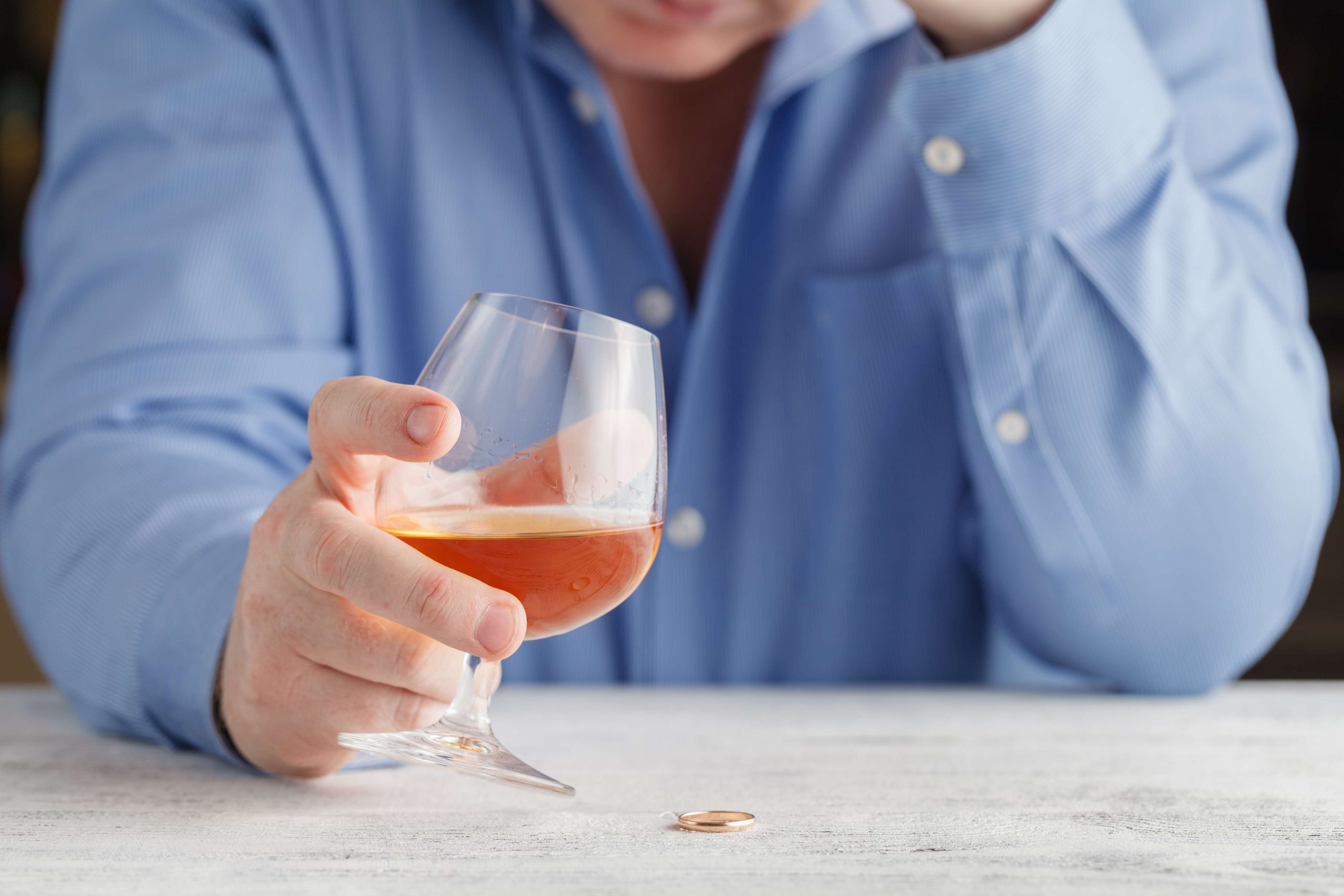If you have a loved one who can’t stop drinking, get that person the help he/she needs today. Contact the nearest why do alcoholics live so long alcohol treatment centers and ask about their rehab programs. If you’re in the Iowa area, you may want to check out the best rehab centers in Iowa. Support groups can help middle-stage alcoholics with cravings and mental health issues.

How to practice forgiveness for yourself and others in recovery
Alcohol abuse increases the risk of life-threatening diseases, such as fatty liver, cirrhosis, and coronary heart diseas, which, in turn, reduce expected lifespan. Changing drinking habits often requires navigating social situations differently. The growing popularity of alcohol-free options has made it easier to maintain social connections without alcohol. Many establishments now offer extensive non-alcoholic menus, and the sober-curious movement has created supportive communities for those reducing their alcohol intake. As awareness of alcohol’s health impacts grows, many are seeking alternatives that provide similar social and sensory experiences without the health risks. The mocktail revolution has introduced sophisticated non-alcoholic options that rival their spirited counterparts in complexity and taste.
- By addressing the underlying causes of addiction and developing healthy coping mechanisms, individuals can reduce the risk of relapse and improve their long-term prognosis.
- End-stage alcoholism depicts the worst and most advanced stage of alcohol addiction.
- Overall health also plays a crucial role in determining the effects of alcohol on life expectancy.
The Impact of Alcoholism on Life Expectancy
- For mean daily ethanol intake, Spearman correlation coefficients between the 9-day diet record and the questionnaire were 0.89 for all subjects and 0.85 for alcohol users 19.
- Although death is inevitable, the drinker might have a chance of a better life once they decide to quit drinking and seek medical attention.
- Is 81 years old, whereas the overall average lifespan of an alcoholic is 52 years old.
- Limiting alcohol intake and adopting a healthy lifestyle can help reduce the risk of cancer and improve overall longevity.
- Alcohol consumption has been linked to an increased risk of certain types of cancer.
However, drinking even small amounts of alcohol can increase the risk for some cancers, such as breast cancer. Learn more about the life expectancy of someone with an alcohol use disorder and how to stop the disease’s progression. It’s important to note that the risk of developing cancer is influenced by factors such as the amount and duration of alcohol consumption, genetic predisposition, and other lifestyle factors. Alcohol Use Disorder (AUD) is a chronic condition characterized by the compulsive and excessive consumption of alcohol. It is a complex disorder that can range from mild to severe, depending on the symptoms and their impact on an individual’s life.
The benefits of equine therapy in addiction recovery

Yes, recovery can dramatically improve both life expectancy and quality of life. While chronic alcohol abuse can cause irreversible damage, quitting alcohol and engaging in a comprehensive recovery program allows the body and mind to heal https://ted.plock.pl/2022/11/17/the-importance-of-connections-ways-to-live-a/ in many ways. Subjects with missing data on alcohol and confounding variables were excluded.

How long does it take for the body to recover after quitting alcohol?
In the United States, Americans can expect to live to 78.6 years, while those with untreated end-stage alcoholism have an average life expectancy of 48 years. Alcohol use disorder kills 1 out of every 10 adults aged 20-64, making alcoholism more deadly than automobile crashes, opioid abuse and Drug rehabilitation gun violence combined. Starting the journey to recovery may feel overwhelming, but with the right support and approach, it is entirely possible to overcome alcohol addiction and improve both longevity and quality of life. Consumption of alcoholic beverages was addressed by questions on beer, red wine, white wine, sherry and other fortified wines, liqueur types containing on average 16% ethanol, and (Dutch) gin, brandy and whiskey.
What is the most common cause of death for alcoholics?
While the study provides average figures, individual outcomes may vary based on numerous factors. Age, gender, overall health status, and genetic predisposition all play roles in how alcohol affects life expectancy. However, the research indicates that no demographic is immune to alcohol’s negative effects on longevity. An analysis by the Centers for Disease Control and Prevention looked at the deaths and potential life years lost due to heavy drinking from 2011 to 2015. During that time, excessive drinking caused an average of 261 deaths per day, and the life expectancy of people who drank excessively was estimated to have been cut short by 29 years on average.



